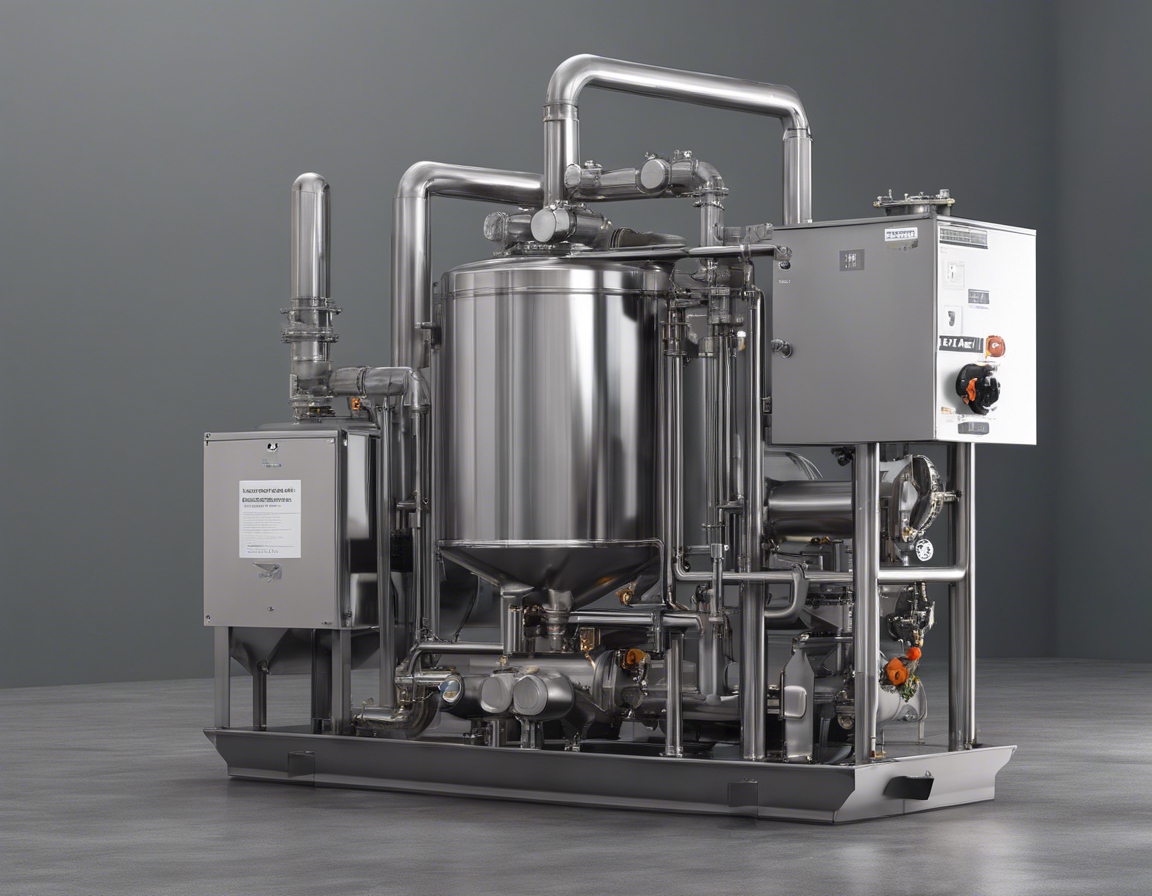5 reasons why eco-friendly septic systems are the future
As we become more conscious of our environmental footprint, eco-friendly septic systems are gaining traction as a sustainable solution for wastewater management. These systems are designed to treat and dispose of household sewage in a way that minimizes impact on the environment. In this blog post, we will explore five compelling reasons why eco-friendly septic systems are not just a trend, but the future of responsible wastewater management.
1. Environmental Protection
Eco-friendly septic systems are engineered to reduce the release of pollutants into the environment. By using advanced filtration and treatment processes, these systems prevent harmful substances from contaminating groundwater and surface water sources.
These systems often include water-saving technologies that reduce the overall consumption of water, further protecting our precious water resources.
The treated water from eco-friendly septic systems can be used for subsurface irrigation, enriching the soil with nutrients and promoting healthier plant growth.
2. Long-Term Cost Savings
Due to their efficient design and use of durable materials, eco-friendly septic systems typically require less maintenance over their lifespan, leading to significant cost savings.
Many eco-friendly systems are designed to operate with minimal energy consumption, which not only reduces your carbon footprint but also lowers your utility bills.
Installing an eco-friendly septic system can enhance the value of your property, as more homebuyers are looking for homes with sustainable features.
3. Regulatory Compliance and Incentives
With stricter environmental regulations being implemented, eco-friendly septic systems ensure homeowners and businesses comply with these standards, avoiding potential fines and penalties.
Government incentives and rebates are often available for those who install eco-friendly septic systems, making them an economically attractive option.
4. Technological Advancements
The latest eco-friendly septic systems incorporate cutting-edge design features that improve their performance and reliability.
Many systems now include smart technology that allows for remote monitoring and management, ensuring optimal operation and early detection of any issues.
5. Public Health and Community Benefits
Eco-friendly septic systems provide a high level of sanitation, reducing the risk of disease transmission associated with poorly treated wastewater.
By adopting sustainable wastewater management practices, communities can improve their overall resilience and quality of life.
Conclusion
In conclusion, eco-friendly septic systems represent a smart investment in our planet's future, offering environmental, economic, and social benefits. As we continue to prioritize sustainability, these systems will undoubtedly become the standard for wastewater management.







Comments (0)